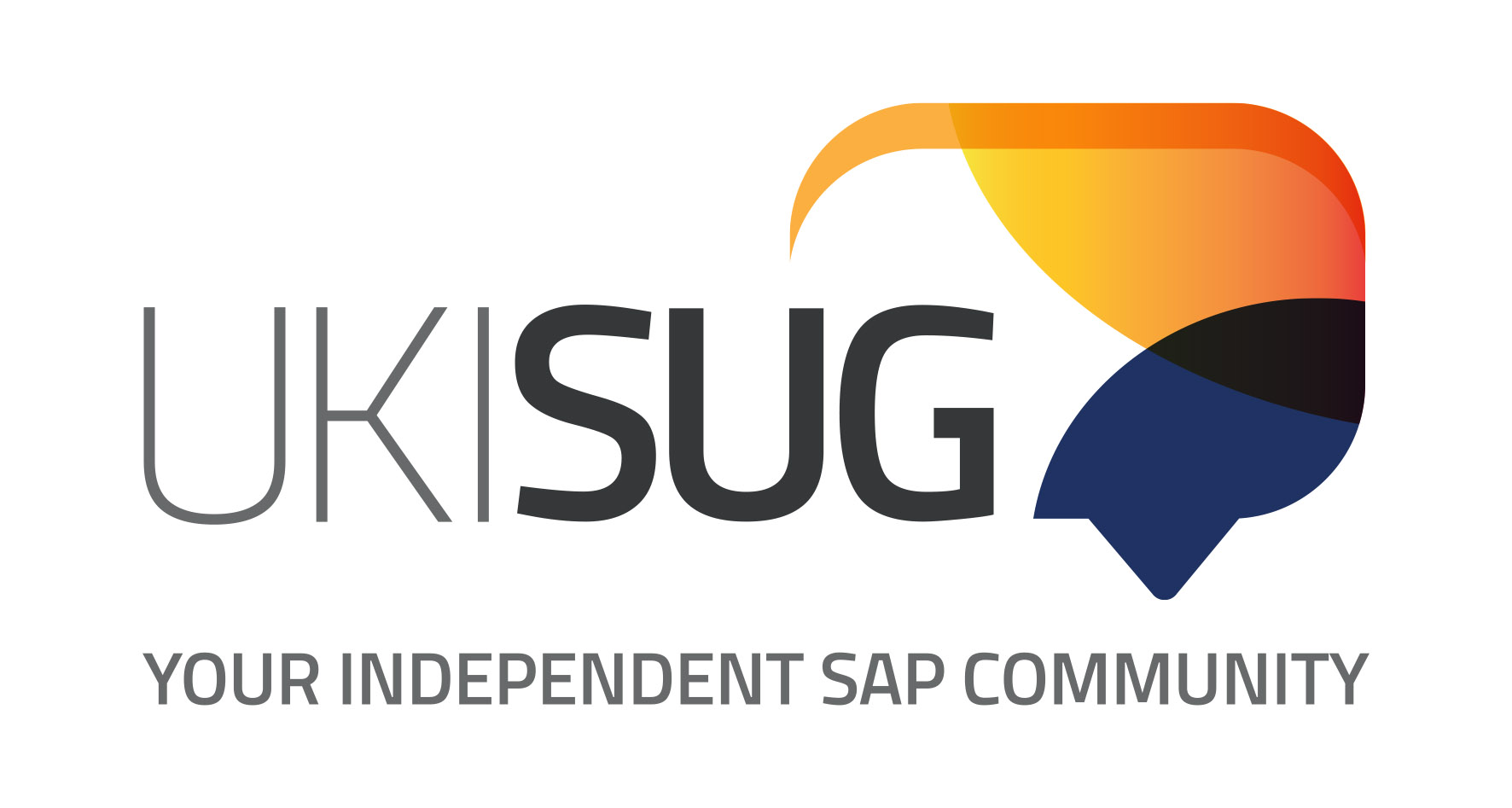Are your SAP Projects Changing your Business?
|
Recent research from Cloud Industry Forum shows that IT departments are still investing 41% of their budgets on managing their infrastructure. Should we really be investing that level of budget on simply keeping the lights on? Interestingly, the same research shows 67% of surveyed organisations have increased the number of projects they are undertaking, which is more positive news and shows IT is definitely pursuing change. There is more good news as69% of IT decision makers see digital transformation as a great opportunity for their business. SAP to transform business operations If we apply these general statistics to SAP, we see potential for transformational change in an area that has traditionally been slow and risk averse. The opportunity to use SAP to transform business operations in multiple areas seems almost limitless - until we dig a little deeper into the statistics. Unfortunately, when we do, it becomes apparent that we aren’t really transforming at all. 56% of respondents report they are undertaking infrastructure upgrade projects, 40% are investing in networks, 35% planning migrations of existing estates and 24% are upgrading legacy applications. In other words, we are still investing our time, effort and money in creating a stable platform. Whilst any of these goals sound worthwhile: “modernisation of the legacy”, “cloud migration programme”, etcetera, the reality of these projects is rather more mundane. We are simply acting to shore up our older environments and move them to a more modern iteration of the infrastructure. We are not investing the time and effort to question how we may be able to completely transform our environments and deliver radical change into our business. This is a real problem, especially for critical elements such as SAP. Much like endlessly raising the foundations on a house without ever actually constructing the building, organisations become trapped in a cycle of trying to maintain infrastructure, or in a cycle of shifting the location of legacy apps. IT justifies these projects as a necessity before the ‘real’ transformation can begin; but true transformation, in many cases, never gets the chance to begin. IT ends up losing sight of innovation. IT’s role is to innovate ‘Catch-up’ or ‘survival’ mode takes over and, because of this, the spending on managing and maintaining infrastructure remains at 41%. IT isn’t entirely to blame for this situation. IT knows that its role is to innovate, but on such limited budgets, this can seem nigh on impossible. The answer, in part, lies in addressing the issue of budget. CIOs regularly blame CFOs for using financial risk as a reason for not approving projects. But CIOs often neglect the fact that they can leverage the conversation around ‘risk’ to their advantage, especially with applications such as SAP which have the power to fundamentally change the operational profile of an organisation. After all, CFOs are some of the most attuned individuals to the reality of risk but the lens they use for risk is different to that often adopted by IT. Winning project approval from the CFO involves making a clear business case about what an organisation’s digital transformation could deliver in concrete terms. Digital transformation projects need to focus on an ambitious vision that will move the needle for the organisation and, ultimately, increase revenue or reduce costs. The wider vision may require updates to the infrastructure, but these should almost be incidental changes and not the primary reason for a driver. If we in IT change our perspective and focus projects on transformative change, we will be able to update infrastructure as we need but if we focus first on infrastructure, we will often not make the transformational steps. IT needs to be prepared to take risks. We will often see not upgrading the infrastructure first as a risk, but the CFO will regard not changing the business as a bigger risk and so IT must change their perspective. There is a real opportunity for the SAP leaders to step forward and determine how they can drive creative and fundamental change in their organisation. To do this they must leverage the power of the public cloud, connecting in more systems and data feeds, and by changing how they operate an environment that often hasn’t changed in the recent past. It is a business-critical environment and that can often fill us with fear but the very criticality of the environment means it is the one that needs to blaze a transformational trail. For more information on a related topic watch Transformation of mission-critical applications from the Simplify your SAP to Azure Transformation webinar series. |
*SPONSORED BLOG
